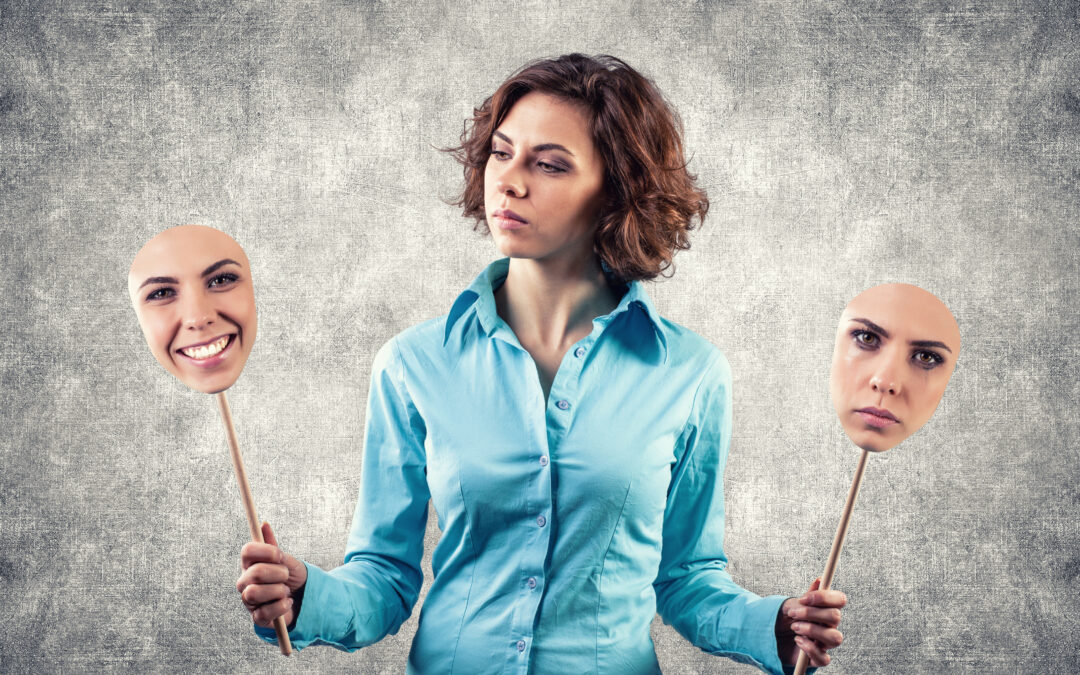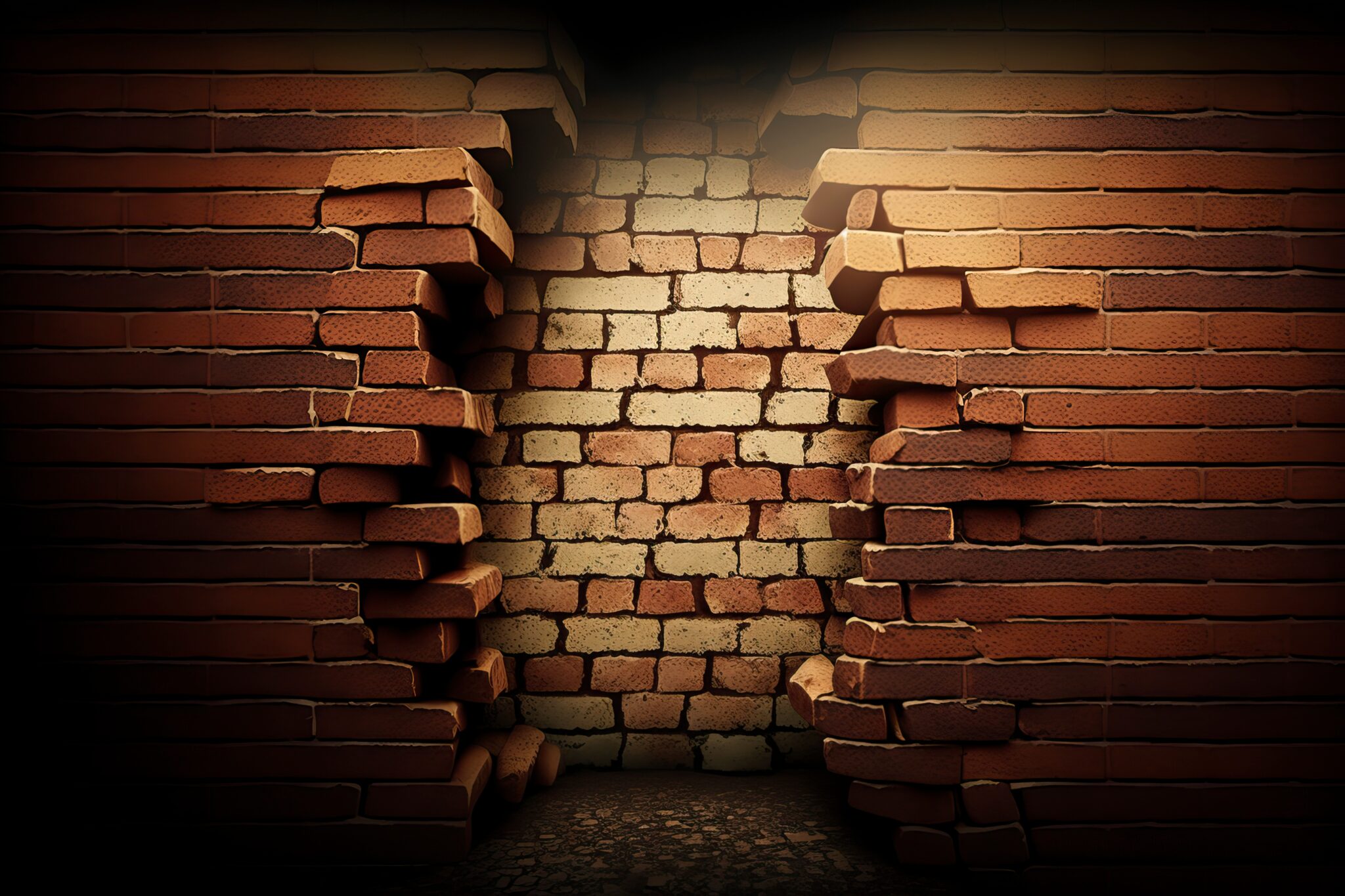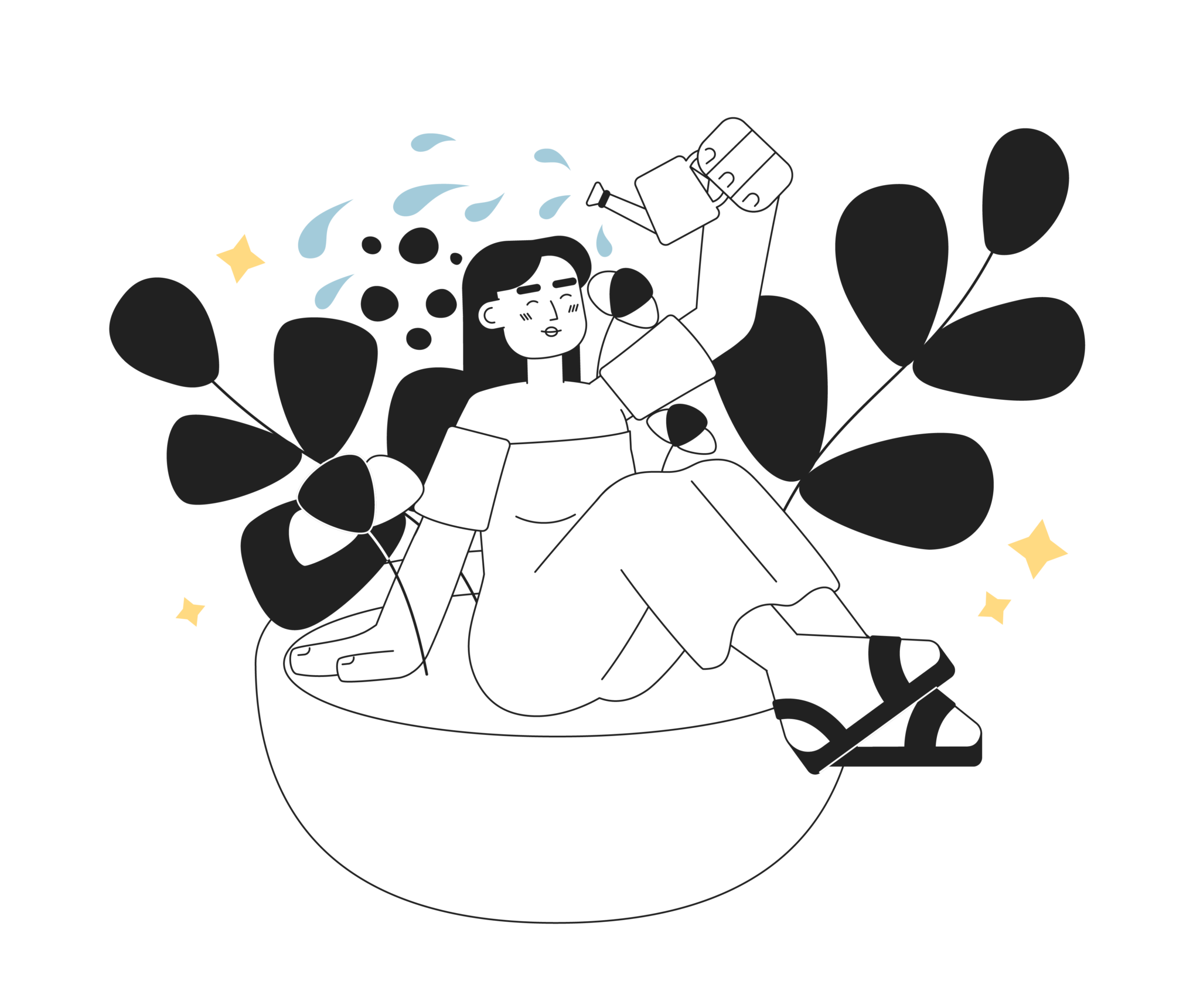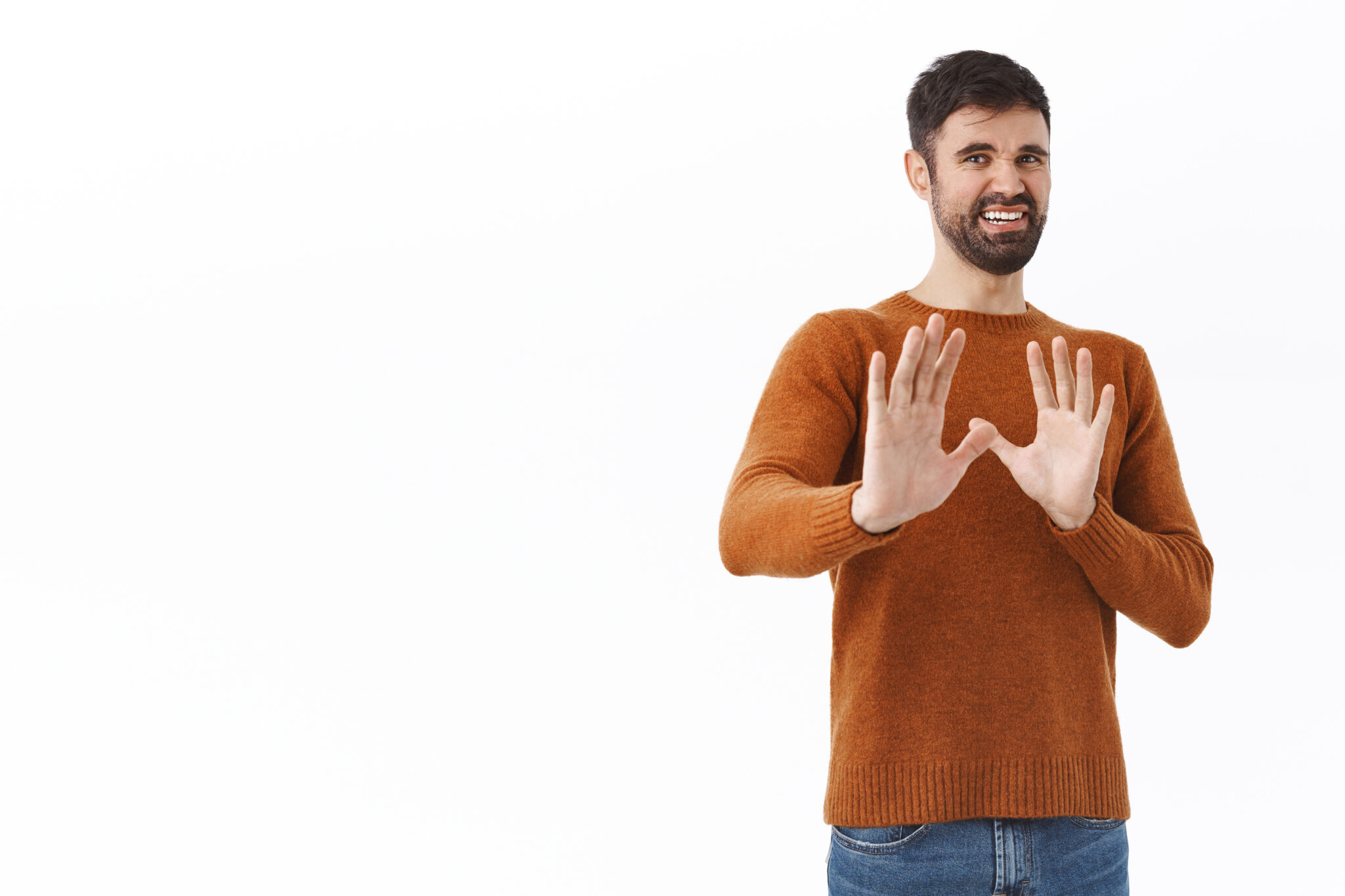Yesterday I was angry. Not just a bit cheesed off but properly, f-bomb livid. The reason: the policing bill which, to quote Dr Jasmine Richards on twitter means “a woman (or man) protesting against male violence could get a longer sentence than the person who raped her” Or indeed the person who commits any kind of racist or prejudiced hate crime.
To clarify, I am not a political animal and not given to emotional outbursts on these topics. But this was on the back of the previous week’s reporting of Sarah Everard’s death, the 118 women killed during the pandemic, and a 50% increase in calls to domestic abuse helplines. How in anyone’s reckoning can this be a reasonable and acceptable response?
I wasn’t just angry; I was also sad and against my better judgement and social media etiquette, I chose to express both, in context on Facebook. There followed a collection of likes and a couple of comments, but most responses were private messages, just checking that I was okay. Now don’t get me wrong, I know that all of these came from a place of genuine concern and were motivated by kindness. Whilst reassuring everyone that I was okay however, I confided in a few that I was at the same time able to be very much not okay with the situation and justifiably, in my opinion furious.
Facebook is of course not the place and I should know better, but I would suggest that our discomfort with ‘negative’ emotions isn’t limited to social media. When faced with anger, sadness, fear, disappointment, shame or even joy, how tempting it is to deflect and chivvy towards the more acceptable state of calm happiness. Is this really the kindness we tell ourselves it is? Or does it just make us feel more comfortable?
I accept that no one enjoys feeling or witnessing distress. As friends, partners, and health professionals, however, would we show greater compassion if we were more willing to hear, and to sit with uncomfortable emotions, rather than rushing to fix, squashing with sympathy, or killing debate with kindness?
This quote is from Pema Chodrin
“Compassion is not a relationship between the healer and the wounded. It’s a relationship between equals. Only when we know our own darkness well, can we be present with the darkness of others. Compassion becomes real when we recognise our shared humanity”
I believe that for all of us and particularly women, there must be an outlet for constructive outrage. And sadness. And fear. And joy. Where does it go otherwise? Very likely inside, how adept we are at internalising what we have come to perceive as unacceptable. What if, without harm or hurt, we could allow each other to feel and express more fully? Rather than inducing anarchy and emotional chaos, I suspect this might be part of a steady, determined, powerfully compassionate rebellion.



